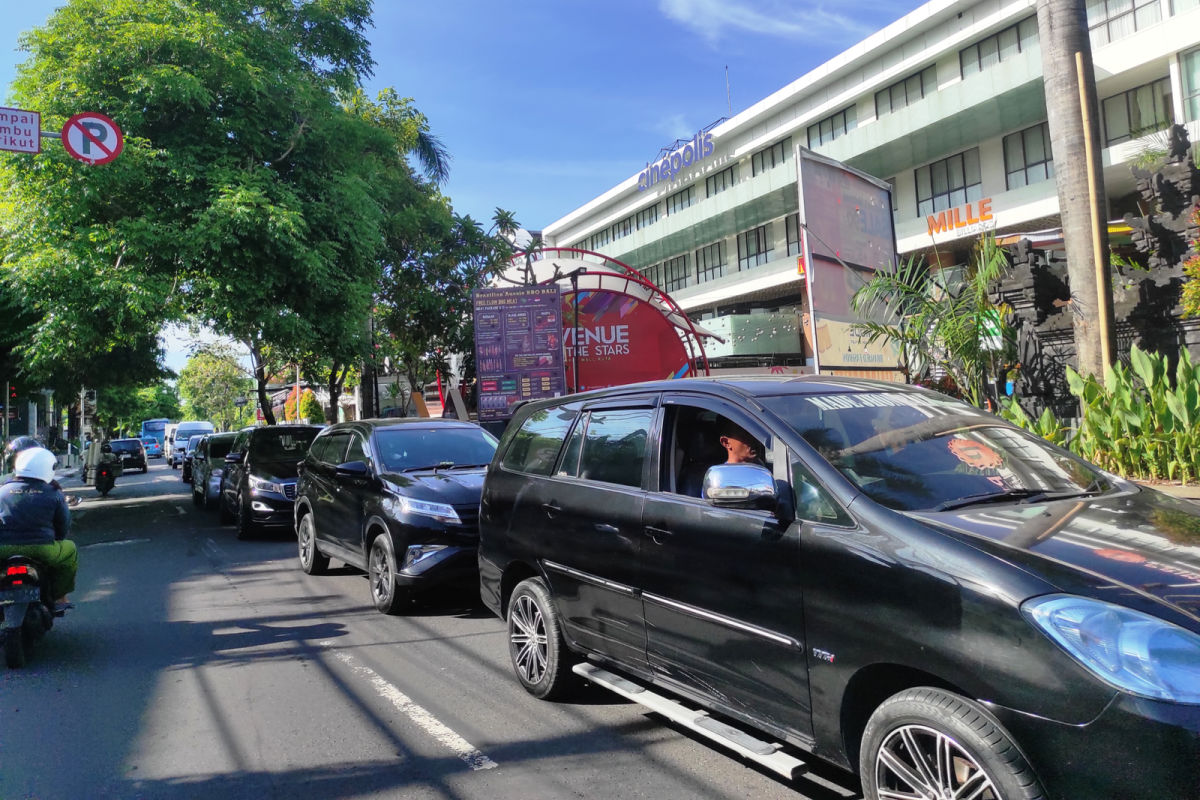In recent days, the picturesque island of Bali has witnessed a wave of peaceful protests from local tourist taxi drivers. These drivers are calling upon the government to take action to safeguard their livelihoods amid increasing competition from online taxi services.

The Struggles of Bali’s Taxi Drivers
Recently, the Bali Tourism Driver Struggle Forum (FPDP) organized a march to the Regional People’s Representative Council of Bali (Bali DPRD). On January 6th, they met with the Chairman, Dewa Made Mahayadnya, and other councilors to voice their concerns. As someone who enjoys exploring local cultures, I’ve seen firsthand how vital these drivers are to Bali’s tourism fabric.
Understanding the Challenge
The heart of the issue lies in the competitive market dynamics. Local taxi drivers are feeling the pinch as online taxi providers gain popularity among tourists. Many travelers, myself included, often gravitate towards apps due to their affordability, convenience, and perceived safety. However, this shift leaves the local taxi drivers, who contribute to their communities through taxes and support, feeling sidelined.
What the Protesters Are Demanding
The FPDP has outlined six key demands aimed at leveling the playing field:
1. Quotas for Online Taxi Services
The first demand is to limit the number of online taxi services registered in Bali, ultimately aiming to protect local drivers’ jobs. Imagine visiting a bustling market where local vendors struggle to compete against large supermarkets; that’s how these taxi drivers feel about online platforms.
2. Stricter Vehicle Rental Regulations
The group is also pushing for more stringent rules on vehicle rentals for tourists. This would create a fairer environment for those who adhere to local laws and contribute to the economy.
3. Standardized Taxi Rates
A standardized rate for all taxi services is another demand. This would eliminate confusion for tourists and ensure fair pricing across the board.
4. Local Driver Employment Requirements
They’re requesting that taxi companies hire only drivers with Balinese ID cards, fostering local employment and community support.
5. Local License Plates
All tourist taxis should display local Bali Province license plates, reinforcing the significance of supporting local businesses.
6. Standard Criteria for Out-of-Province Drivers
Finally, the forum is asking for standardized criteria for tourist drivers who come from outside Bali. This move aims to ensure that all drivers uphold local standards.
Bridging the Divide between Local and Online Taxi Services
The FPDP argues that the growing presence of online taxi drivers, along with the influx of taxi operators from other regions, is creating a disparity in Bali’s transport market. During my own travels, I’ve noticed how convenient it is to book an online taxi, yet I can understand the frustration of local drivers who feel they are losing their livelihoods.
Many tourists prefer the ease of online platforms for their transparent pricing and safety features. However, the local drivers carry the emotional weight of their community’s traditions and rely on their trade for daily sustenance.
Conclusions: What This Means for Tourists
As a traveler to Bali, it’s essential to be aware of these developments. Though changes may not be immediately noticeable, we could see a shift towards standardized taxi fares in the future, making it easier for tourists to navigate their transportation options. In essence, this could enhance transparency and fairness in the local taxi industry.
The protest has concluded, but the voices of the Bali Tourism Driver Struggle Forum continue to resonate. As we enjoy our beautiful Bali getaway, let’s hope for solutions that support both the drivers and the tourists alike. It’s a beautiful island that thrives on the harmony of its community and visitors.






